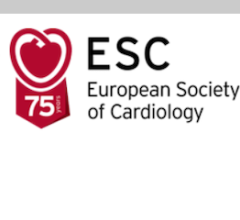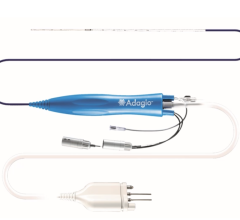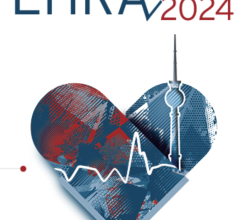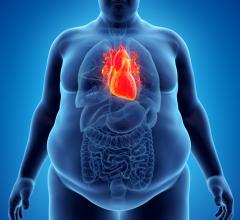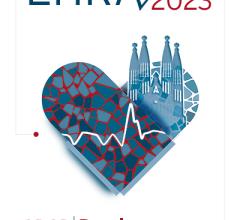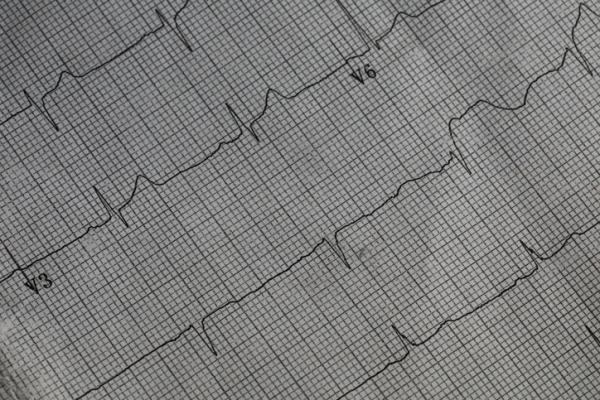
Getty Images
August 31, 2023 — Atrial fibrillation ablation is associated with lower rates of death, urgent heart transplantation or left ventricular assist device (LVAD) implantation compared with medical therapy in patients with end-stage heart failure, according to late breaking research presented in a Hot Line session today at ESC Congress 2023.1
Patients with end-stage heart failure eligible for heart transplantation have been excluded from major trials, leaving them with no recommendations or evidence for the optimal treatment of atrial fibrillation and advanced heart failure. There is uncertainty around the application of guidelines in this group2,3 and many novel advances in heart failure therapy are withheld in clinical practice.
The CASTLE-HTx trial tested whether atrial fibrillation ablation is superior to medical therapy concerning mortality and need for urgent transplantation or LVAD implantation.4 The trial was conducted at the Heart and Diabetes Center North Rhine-Westphalia (NRW) in Bad Oeynhausen, Germany.
The trial enrolled patients with symptomatic atrial fibrillation and end-stage heart failure who were eligible for heart transplantation according to criteria from the ESC and the International Society for Heart and Lung Transplantation (ISHLT).5,6 Patients were in New York Heart Association (NYHA) functional class II, III, or IV, had a left ventricular ejection fraction (LVEF) of 35% or below and were fitted with a cardiac device for continuous monitoring.
Patients were randomly assigned in a 1:1 ratio to receive either first-time catheter ablation or medical therapy for atrial fibrillation (rate or rhythm control). Both groups received guideline-directed heart failure therapy. The primary endpoint was the composite of all-cause mortality, worsening heart failure requiring urgent heart transplantation, or implantation of an LVAD.
The study included 194 patients. The average age of participants was 64 years and 19% were women. The study was stopped for efficacy by the Data Safety Monitoring Board one year after randomisation was completed.
The primary endpoint occurred in 8 (8.2%) patients in the ablation group and 29 (29.9%) patients in the medical therapy group, for a hazard ratio of 0.24 (95% confidence interval 0.11 to 0.52; p<0.001).
Principal investigator Professor Christian Sohns of the Heart and Diabetes Center NRW said: “Comparing atrial fibrillation ablation with medical therapy in patients with end-stage heart failure, ablation was associated with lower rates of death, urgent heart transplantation or LVAD implantation, along with a reduction in atrial fibrillation burden and improved LVEF. Of note, listing for transplantation should not be postponed given the long waiting times and high waitlist mortality.”
For more information: www.escardio.org
Find more ESC23 conference coverage here
References and notes
- CASTLE-HTx will be discussed during Hot Line 6 on Sunday 27 August at 16:30 to 17:30 CEST in room Amsterdam.
- McDonagh TA, Metra M, Adamo M, et al. 2021 ESC Guidelines for the diagnosis and treatment of acute and chronic heart failure. Eur Heart J. 2021;42:3599-3726.
- Hindricks G, Potpara T, Dagres N, et al. 2020 ESC Guidelines for the diagnosis and management of atrial fibrillation developed in collaboration with the European Association for Cardio-Thoracic Surgery (EACTS). Eur Heart J. 2020;42:373–498.
- Sohns C, Marrouche NF, Costard-Jäckle A, et al. Catheter ablation for atrial fibrillation in patients with end-stage heart failure and eligibility for heart transplantation. ESC Heart Fail. 2021;8:1666-1674.
- Crespo-Leiro MG, Metra M, Lund LH, et al. Advanced heart failure: a position statement of the Heart Failure Association of the European Society of Cardiology. Eur J Heart Fail. 2018;20:1505-1535.
- Mehra MR, Canter CE, Hannan MM, et al. The 2016 International Society for Heart Lung Transplantation listing criteria for heart transplantation: A 10-year update. J Heart Lung Transplant. 2016;35:1-23.


 August 29, 2025
August 29, 2025 
